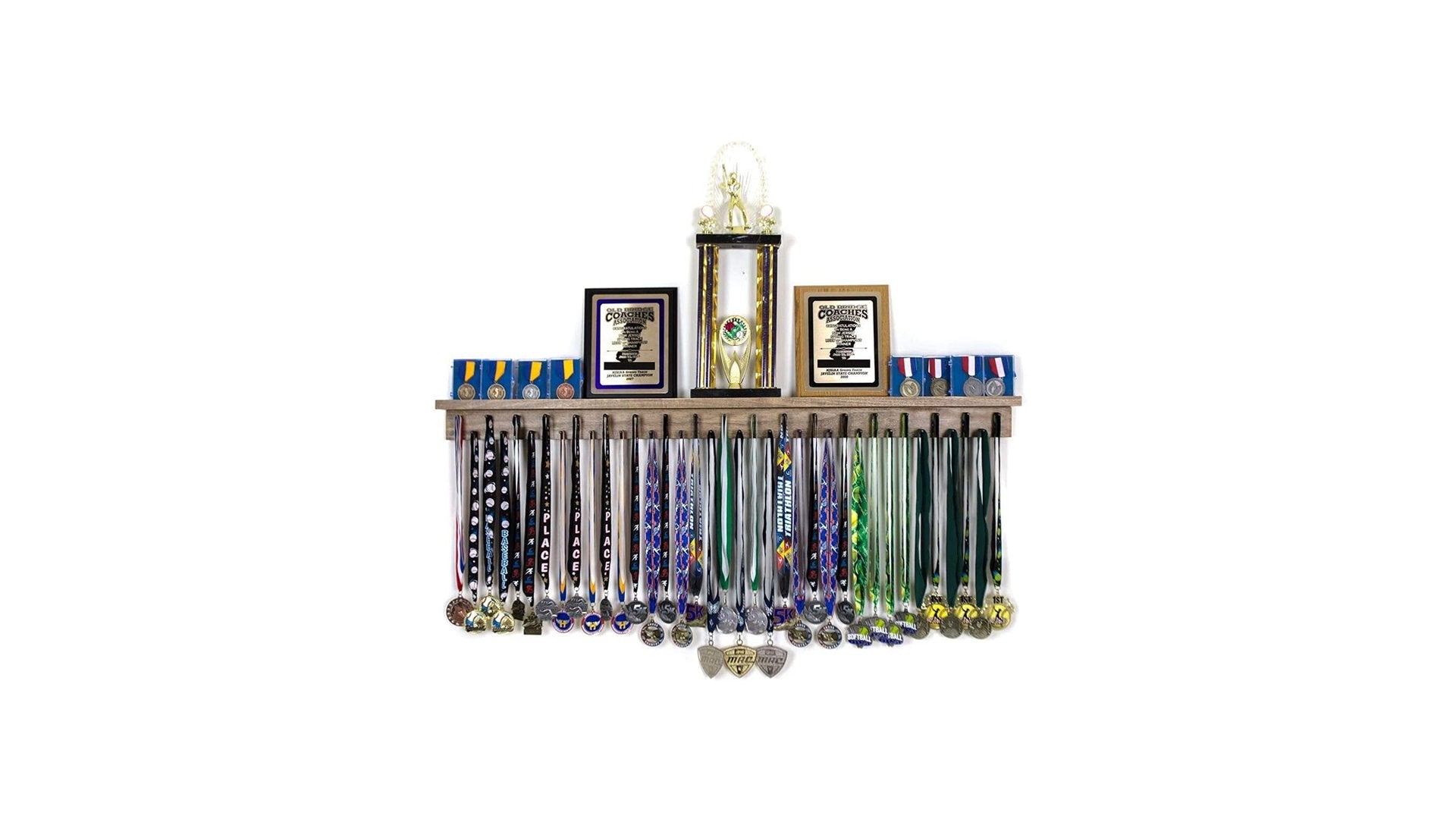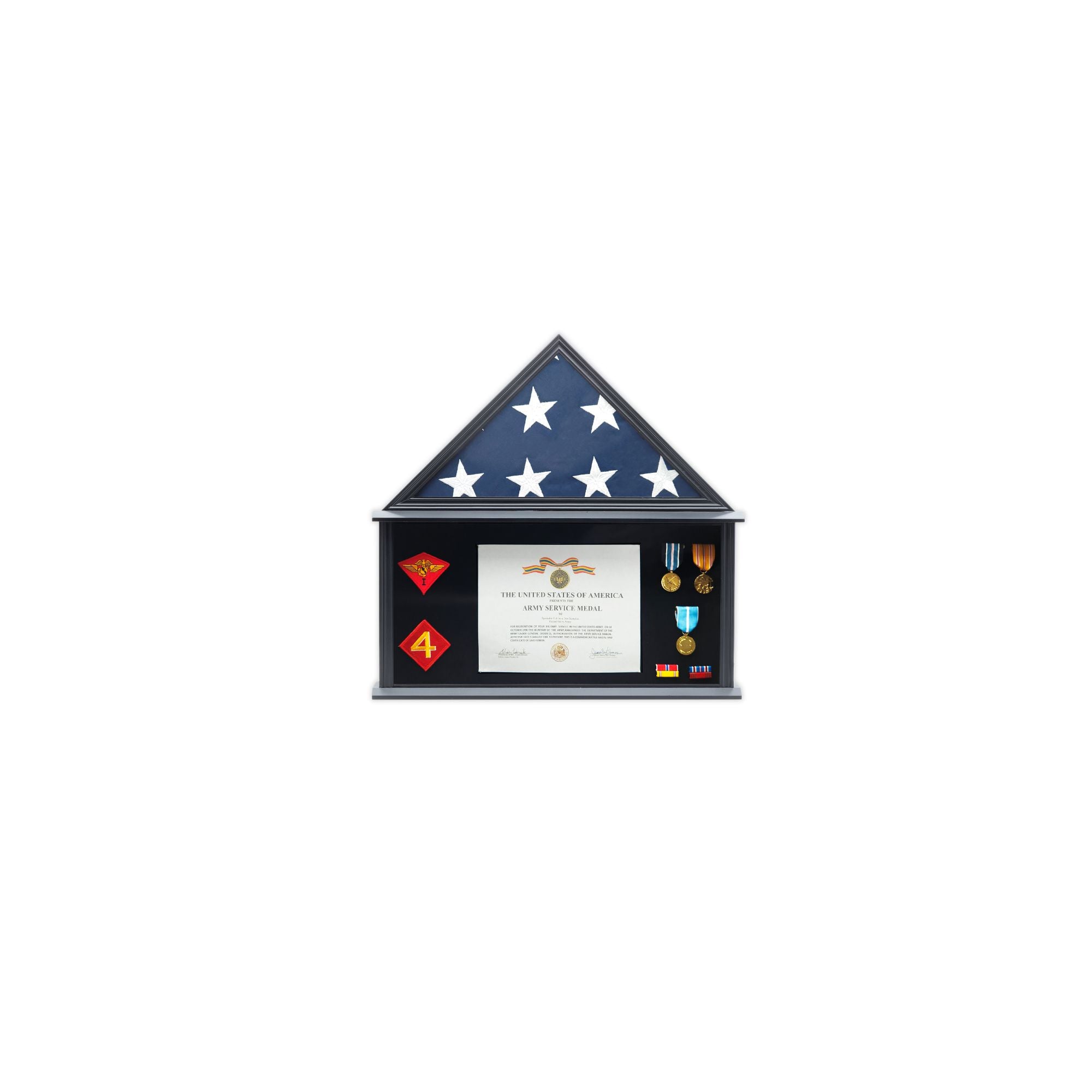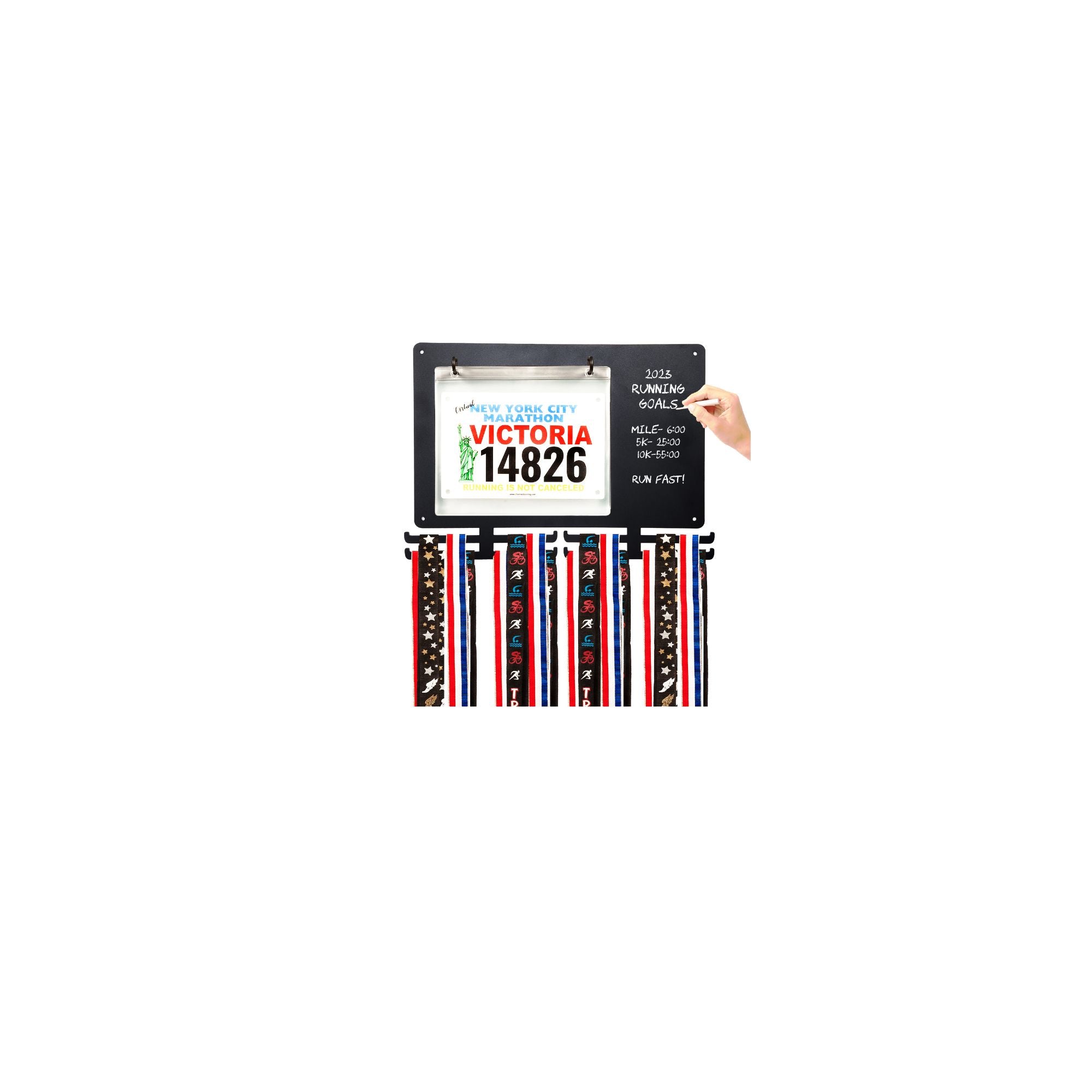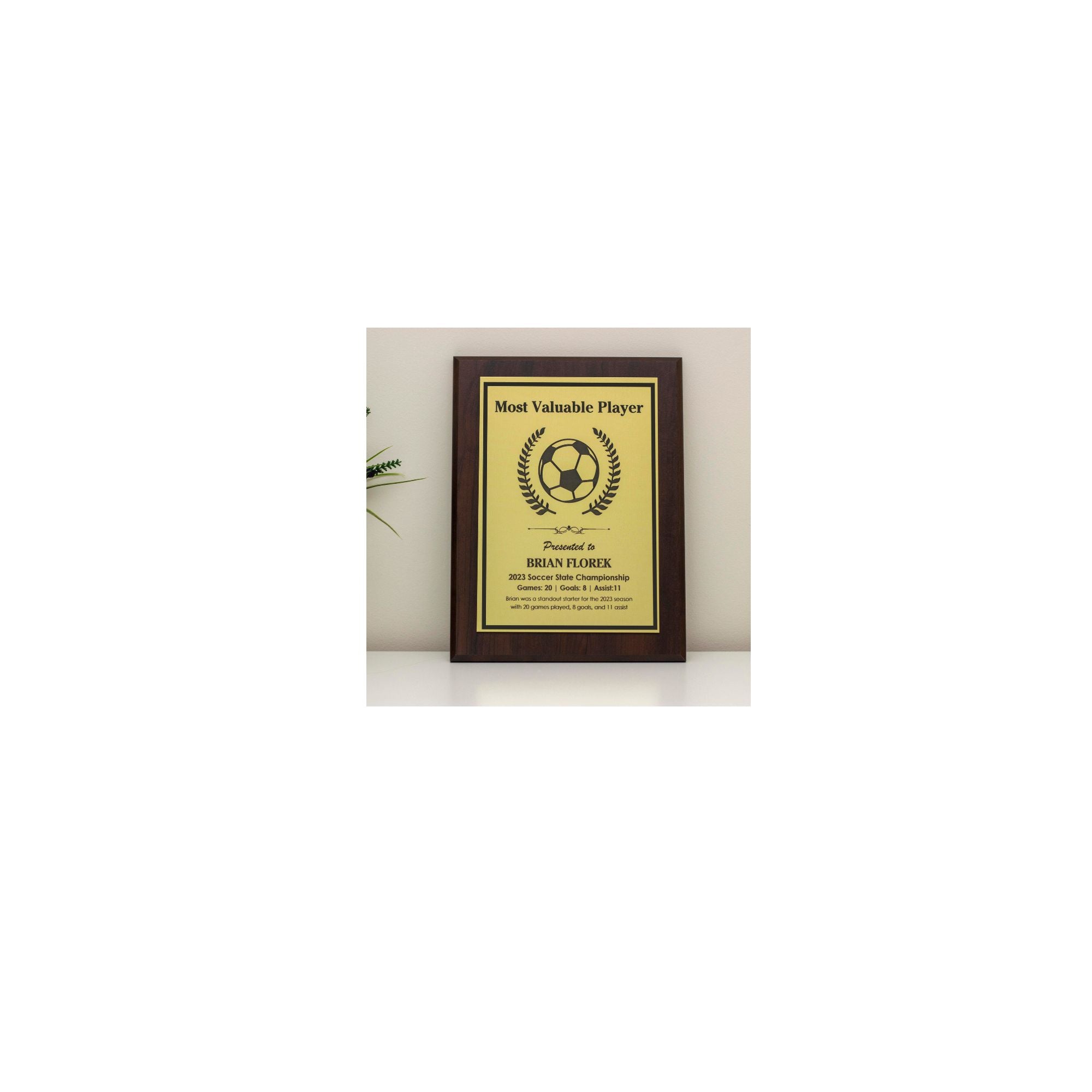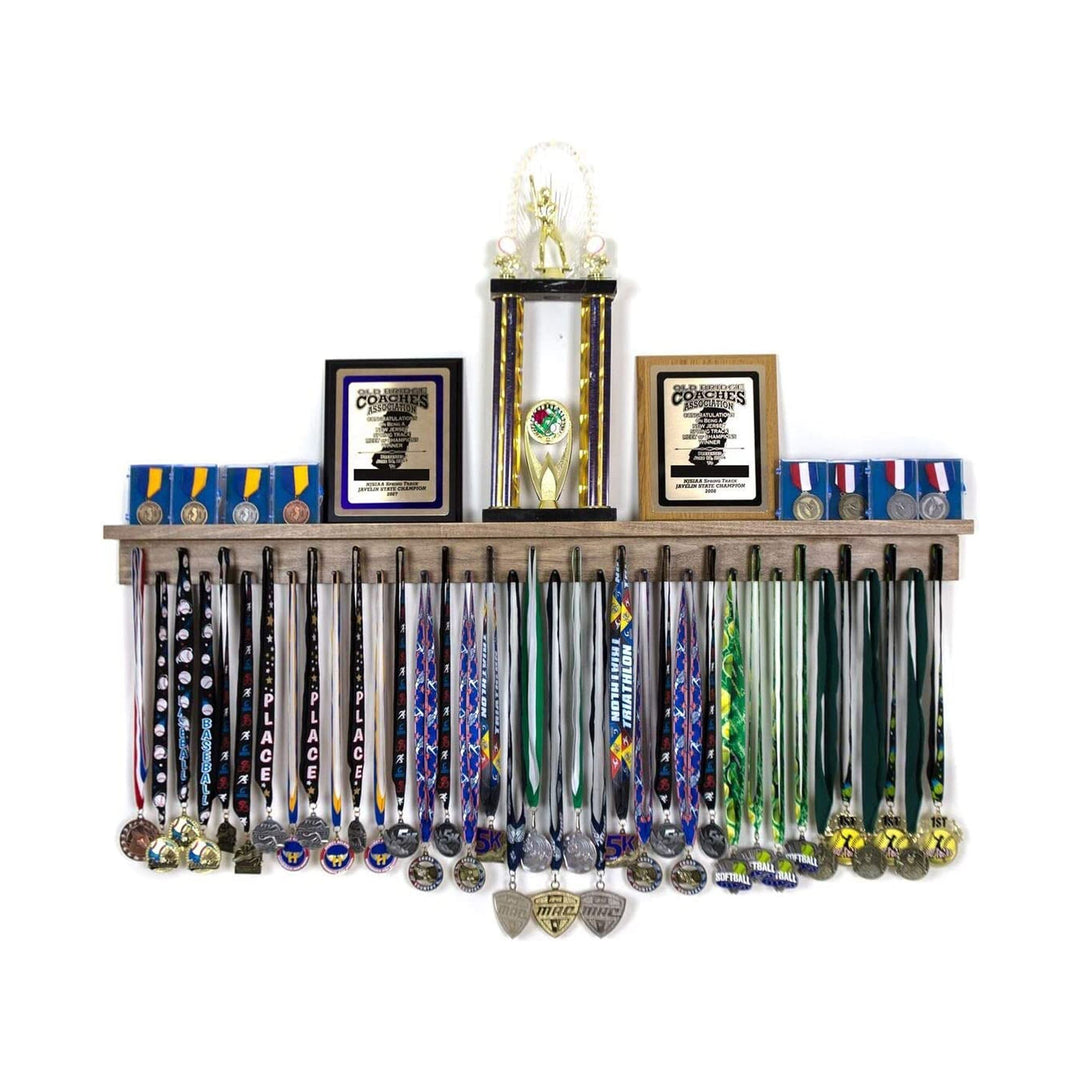How to Deal with Allergies as an Athlete: Tips and Tricks

How to Deal with Allergies as an Athlete: Tips and Tricks
As an athlete, allergies can significantly impact your performance, whether you're training or competing. Allergies can cause a wide range of symptoms, including sneezing, coughing, runny nose, itchy eyes, and even fatigue. These symptoms can make it difficult to breathe, focus, and perform at your best.
At times, athletes may be hesitant to take medications for allergies as they may have unwanted side effects or cause drowsiness. However, there are many ways to manage allergies without taking medication. In this article, we'll share some tips and tricks to help you deal with allergies as an athlete.
The first step to managing allergies is to identify the triggers that cause them. Common triggers include pollen, dust, pet dander, and mold. If you're unsure about what's causing your allergies, consider visiting an allergist who can perform tests to determine your triggers.
Avoid Allergens When Possible
Once you've identified your triggers, the next step is to avoid them when possible. For example, if pollen triggers your allergies, try to limit your outdoor activity when pollen counts are high. You can also wear a mask when doing outdoor activities to reduce the amount of pollen you inhale.
Keep Your Environment Clean
Keeping your environment clean can help reduce exposure to allergens. Dust and vacuum your home regularly to reduce dust and pet dander. Use a HEPA filter to trap allergens and keep your air clean.
Use Nasal Rinse
Using a nasal rinse can help relieve congestion and reduce inflammation in your nasal passages. Saline nasal rinses are a natural way to flush out irritants and allergens from your sinuses.
Eat a Healthy Diet
Eating a healthy diet can help boost your immune system and reduce inflammation. Foods that are high in antioxidants, such as fruits and vegetables, can help fight allergies. Additionally, drinking plenty of water can help keep your mucus membranes moist, which can reduce nasal irritation.
Consider Immunotherapy
Immunotherapy is a long-term treatment that can help reduce the severity of your allergies. It involves receiving regular injections of allergens to help your body build up a tolerance to them. This treatment can take several months or even years to complete, but it can be very effective for some people.
Use Non-Drowsy Medications
If you need to take medication for allergies, consider using non-drowsy options such as antihistamines and nasal sprays. These medications can provide relief without causing drowsiness or other unwanted side effects.
In conclusion, allergies can be a significant hurdle for athletes, but they don't have to hold you back. By identifying your triggers, avoiding allergens, keeping your environment clean, using nasal rinses, eating a healthy diet, considering immunotherapy, and using non-drowsy medications, you can manage your allergies and perform at your best.

